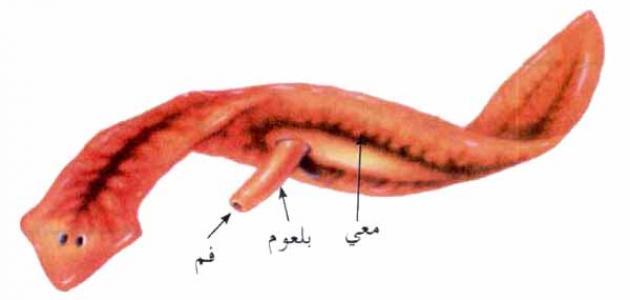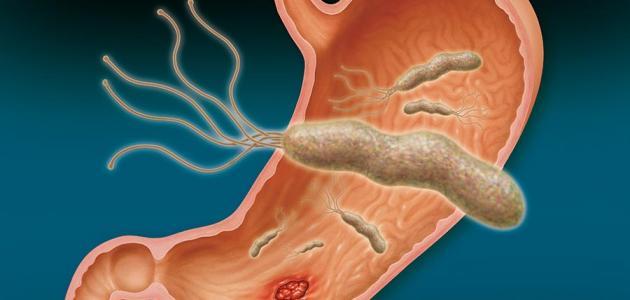Deworming in adults
The period of infection of adults with intestinal worms is often subject to the doctor’s monitoring to see if their body’s immune system is able to overcome them before starting treatment. Therefore, the infected person must then inform the doctor of any symptoms he feels, and in fact, he may not. The infected person needs any treatment at all, and if the doctor decides to start treatment, it is often direct and depends on the type of intestinal worms and the symptoms that the infected person suffers from. In some cases, the doctor resorts to dispensing more than one medication to eliminate the worms, and in general the symptoms begin to improve after a few weeks. Of treatment, and after completing treatment, the doctor may request an analysis of a sample of the infected person’s stool to ensure that the worms have been completely eliminated. The following is a statement of the treatments used to eliminate worms in adults according to the type of infection:
Tapeworm infection
The appropriate treatment is usually determined based on the type of tapeworm and the location of its infection. It is worth noting that the medications used in treatment target the adult tapeworm and not the eggs or larvae. Therefore, it is important to avoid re-infection by making sure to always wash your hands after using the toilet and before Also eat food. Here is a mention of some common medications that are taken orally to treat tapeworm infection:
Read also:What is the treatment for stomachache- Praziquantel: It is worth noting that praziquantel paralyzes the tapeworm, separating it from the intestinal wall, and then helps dissolve the worm so that it leaves the body through the digestive system during a bowel movement.
- Albendazole medication.
- Nitazoxanide medication.
Flukes infection
Flukes are usually treated with the medication Triclabendazole, which is taken orally in one or two doses. In most cases, this is sufficient to improve and get rid of the symptoms of flukes. In some cases, the doctor may prescribe corticosteroids. Corticosteroids) for a short period in the acute stages with severe symptoms, and surgery may sometimes be resorted to in the event of long-term complications such as cholangitis.
Roundworm infection
People infected with roundworms are usually treated with anti-parasitic medications depending on the type of worm. It is important to repeat the treatment after several weeks to ensure that the roundworm eggs are completely eliminated. In addition, the doctor may prescribe a soothing cream to stop the pain of itching caused in some cases. Cases, or iron may be prescribed as a nutritional supplement, and in cases where worms completely block the intestines, or even in cases of advanced infection, the condition may not improve with drug treatment, so the doctor may recommend surgery for the infected person to control the spread of these worms, and below is a mention of medications. Most commonly used to treat roundworms:
Read also:The mechanism of hernia development- Albendazole is one of the most common medications used to eliminate roundworms, and it relies on preventing their absorption of glucose.
- Mebendazole, as it also prevents worms from absorbing glucose, effectively killing them within a few days, and is available as a drink or chewable pill.
- Ivermectin medication.
Read also:Hernia causes
Reasons to see a doctor
It is important to see a doctor as soon as the following symptoms appear:
- High body temperature for more than two days.
- Suffering from vomiting frequently or daily.
- The appearance of blood or pus in the stool, or a general change in color.
- Symptoms of dehydration appear.
- Feeling exhausted and extremely tired.









